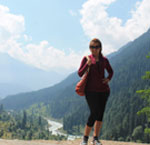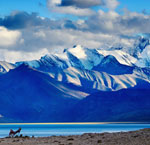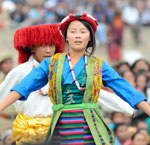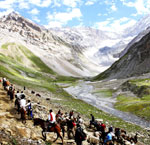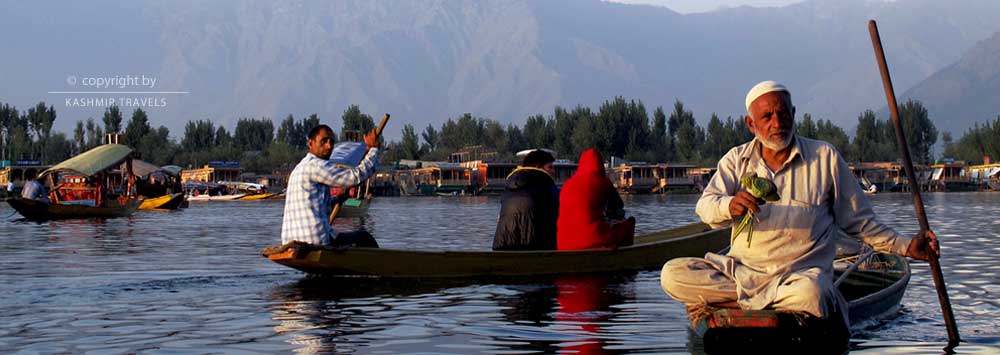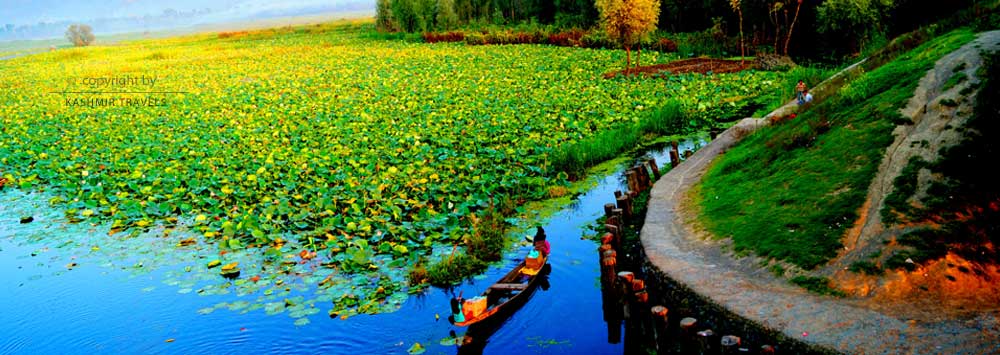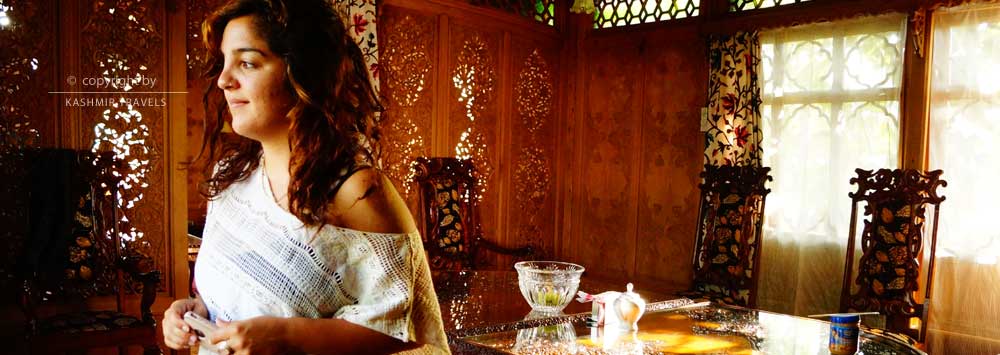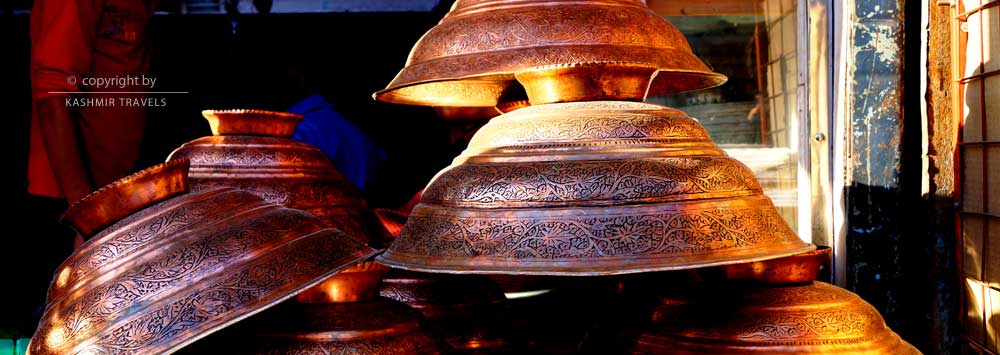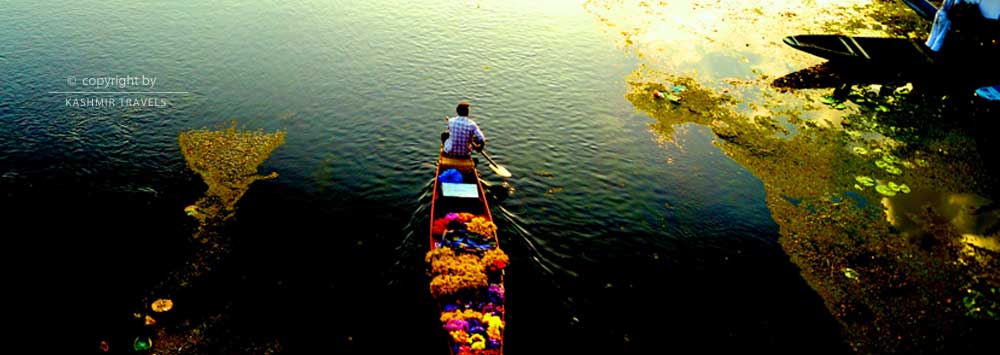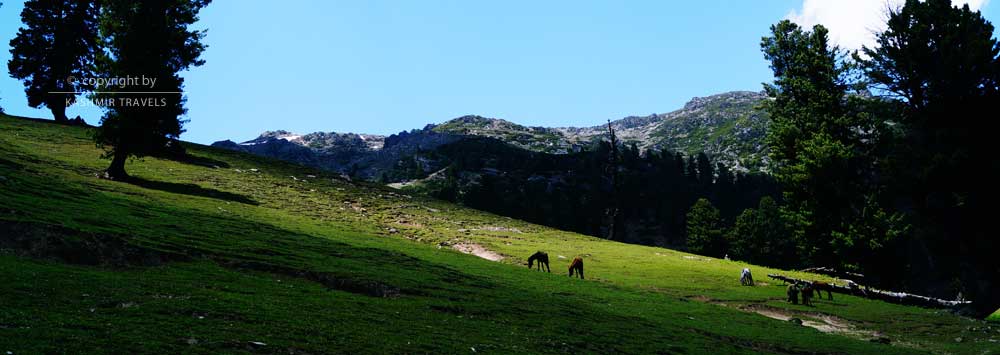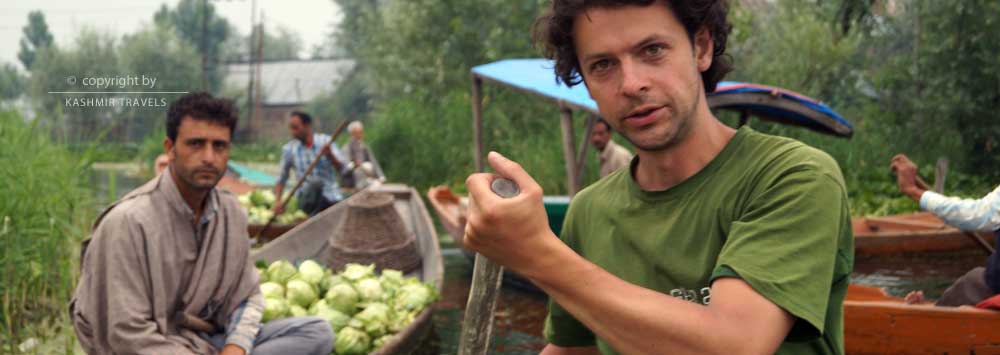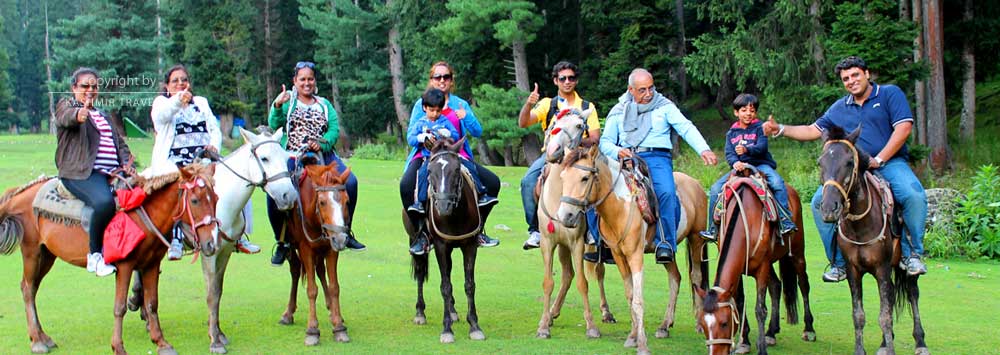Kashmir
KASHMIR FESTIVALS
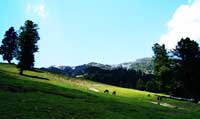 People in Kashmir do not celebrate many festivals. The population is mainly Muslim and the people celebrate a few religious festivals every year. There are only two major holidays celebrated across the valley. They are the two Eids, Eid-ul-Fitr and Eid-ul-Azha. Apart from these other jubilees celebrate are Eid Milad-un-Nabi (PBUH) and many local shrine fiestas locally known as urs. The fiestas are usually marked with prayers and chanting hymns in the praise of the Lord and the Prophet Muhammad (PBUH).
People in Kashmir do not celebrate many festivals. The population is mainly Muslim and the people celebrate a few religious festivals every year. There are only two major holidays celebrated across the valley. They are the two Eids, Eid-ul-Fitr and Eid-ul-Azha. Apart from these other jubilees celebrate are Eid Milad-un-Nabi (PBUH) and many local shrine fiestas locally known as urs. The fiestas are usually marked with prayers and chanting hymns in the praise of the Lord and the Prophet Muhammad (PBUH).Eid-ul-Fitr is celebrated according to the Lunar Calendar and occurs at the end of the Holy Month of Ramadhan. Eid-ul-Fitr is celebrated on the first day of the 10th month of the Islamic Lunar Calendar. The festival is celebrated usually for two days, however, only one day is the public holiday in the state. Eid-ul-Fitr marks the end of the holy month of Ramadhan, during which Muslims hold fast from pre-dawn to sunset. The fiesta is celebrated as the people believe that all the sins of the people who fast with sincerity are forgiven.On this day people in Kashmir go for prayers, chanting hymns, to the Eidgah, a large ground where thousands of people gather to pray. People pray for the peace and prosperity of the world. After the prayers, people hug each other and wish happy eid to each other. The people then return to their homes.
The festival is an occasion of merry making and people of the valley, who generally love food, prepare great feasts and relish them in lunch and dinner. A number of dishes are prepared. People wear new clothes. Great fairs and markets are organised on the occasion, which last for weeks together. Eid-ul-Fitris one of the two Islamic festivals of Muslims.
Eid-ul-azha is another Islamic festival in Jammu Kashmir. The fiesta is celebrated on the 10th of the last month of Islamic Lunar Calendar. This is another obligatory festival for Muslims. The holidays last two and half days. On this occasion, two days are declared as public holiday in the entire state. This Eid has a lot of significance and every Muslim has to make sacrifice of any animal, if he can afford it. The rest of the celebrations are quite similar to the Eid-ul-Fitr.
After returning home from prayers, people get busy in sacrificing the animals bought already. The animals are slaughtered and then distributed among the neighbours, relatives and poor people. People are seen carrying large pieces of meat in baskets and distributing them. The ritual of sacrifices lasts almost three days. The fiesta is celebrated to mark the occasion when Prophet Abraham was tested by Almighty Allah to sacrifice his only son. The Prophet passed the test as he set forth to slaughter his son. But Almighty miraculously saved his son and put a lamb instead there. From there it became mandatory on every Muslim to sacrifice some animal on the day, if he can afford it. The festival is celebrated in the month of Zil Hajj, when the largest pilgrimage of Muslims to Mecca is held. Eid-ul-Azha marks the end of the pilgrimage.
Like Eid-ul-Fitr, this festival also is an occasion of merry making and people prepare tasty dishes and relish them.
CIN : U63040DL2008PTC177736 Government of India
Reg No : Reg/2019/DT/42/l-2 Government of J&K Tourism

